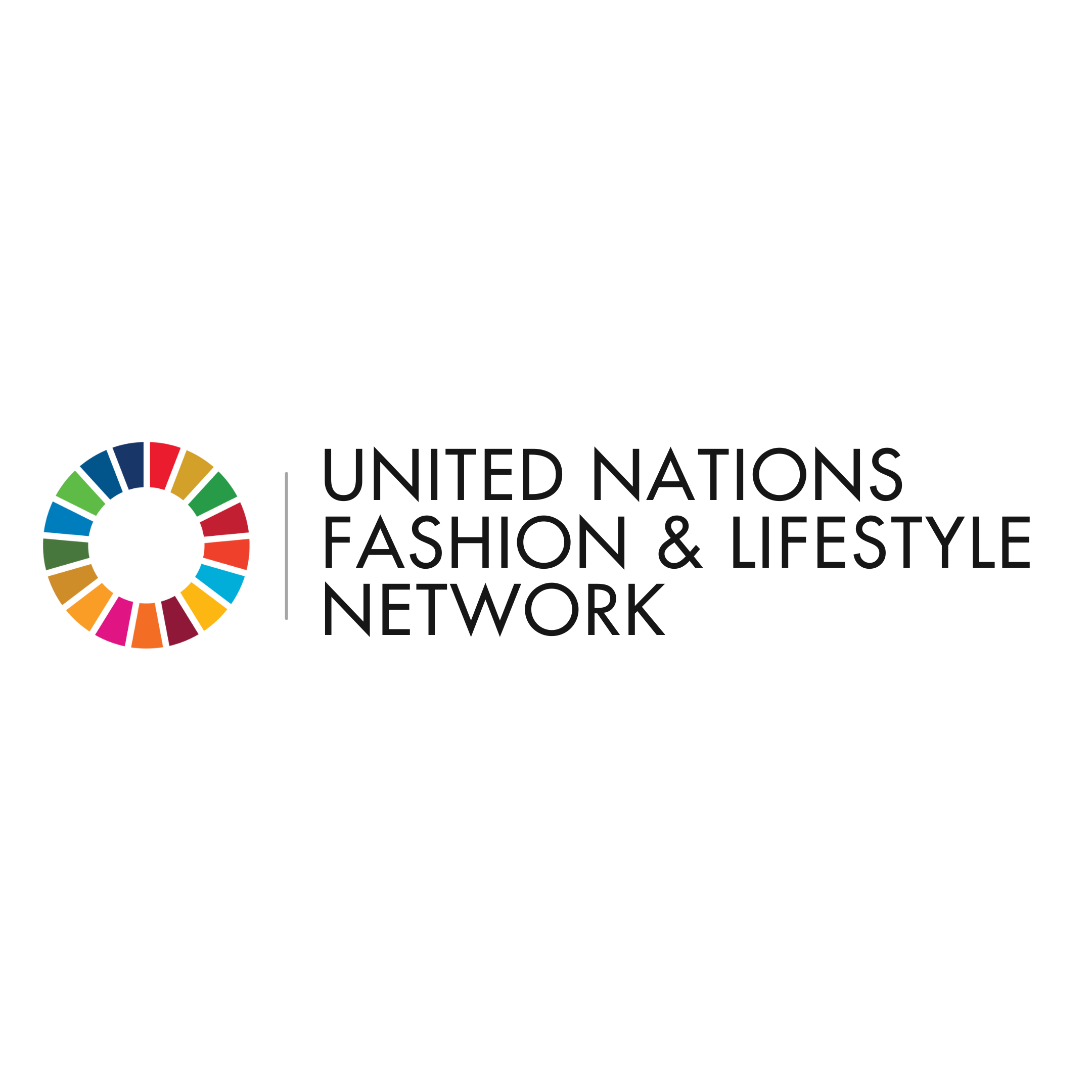intelligenTM
Description
intelligen™ follows a simple 3-step process.
At stage 1, we get to know their customer’s product and business better to see where problems might be occurring and what opportunities exist. After selecting the products to improve, our product engineers study the existing design and determine what production platform improvements can be made along with the impact it has on cost and the environment. They identify whether the design of the chosen product can be improved or produced more efficiently, according to the specific machines it is going to be made on. This information is used as a baseline. For example, our engineers consider the type of press or loom the product is currently being made on and/or if the product’s dimensions can be optimised to fit more on a sheet/loom width.
For woven labels specifically, they may even suggest that the customer use their bespoke virtual proofing LabelView™️. Using this software creates realistic and incredibly detailed digital images of woven labels to help brand direction, colour choices and various other aspects of label design before committing to physical sampling for final approval. It drastically speeds up the sampling time (reducing it from weeks to days) while decreasing the use of energy and materials during the sampling process.
At the re-size stage, we slightly alter the original product’s dimensions to offer a “Better” alternative and presents the results by highlighting improvements made. We also provide samples, cost comparisons, raw material saving statistics and the impact on the use of natural resources.
At the final stage, we look at how customers can re-invest in ‘green’. The benefit of intelligen™ is that it’s more than just a re-sizing tool. Although the cost and environmental savings after this step are already impressive, our engineers look at raw material types and quality to create the “Best” option: the most sustainable alternative. For paper labels, they offer customers the opportunity to re-invest their cost-savings achieved in the previous step into even more sustainable materials which may have been considered a luxury otherwise. With woven labels, they further engineer the label by reducing the weft density or picks per centimetre (PCM) which allows for a high-quality label and, more importantly, brings even greater cost savings due to faster weaving and even less waste due to less yarn needed in production.
NA
ITL uses the Higg Materials Sustainability Index (MSI) to calculate the statistics shared during an intelligen™ exercise. Using life-cycle assessment data (LCA), the Higg MSI assesses five environmental impacts of different materials and manufacturing processes:\r\n1. Global Warming \r\n2. Potential Nutrient Pollution in Water (Eutrophication) \r\n3. Water Scarcity \r\n4. Fossil Fuel Depletion\r\n5. Chemistry
SDGS & Targets
Goal 12
Ensure sustainable consumption and production patterns
12.1
Implement the 10-Year Framework of Programmes on Sustainable Consumption and Production Patterns, all countries taking action, with developed countries taking the lead, taking into account the development and capabilities of developing countries
12.1.1
Number of countries developing, adopting or implementing policy instruments aimed at supporting the shift to sustainable consumption and production
12.2
By 2030, achieve the sustainable management and efficient use of natural resources
12.2.1
Material footprint, material footprint per capita, and material footprint per GDP
12.2.2
Domestic material consumption, domestic material consumption per capita, and domestic material consumption per GDP
12.3
By 2030, halve per capita global food waste at the retail and consumer levels and reduce food losses along production and supply chains, including post-harvest losses
12.3.1
(a) Food loss index and (b) food waste index
12.4
By 2020, achieve the environmentally sound management of chemicals and all wastes throughout their life cycle, in accordance with agreed international frameworks, and significantly reduce their release to air, water and soil in order to minimize their adverse impacts on human health and the environment
12.4.1
12.4.2
(a) Hazardous waste generated per capita; and (b) proportion of hazardous waste treated, by type of treatment
12.5
By 2030, substantially reduce waste generation through prevention, reduction, recycling and reuse
12.5.1
National recycling rate, tons of material recycled
12.6
Encourage companies, especially large and transnational companies, to adopt sustainable practices and to integrate sustainability information into their reporting cycle
12.6.1
12.7
Promote public procurement practices that are sustainable, in accordance with national policies and priorities
12.7.1
Number of countries implementing sustainable public procurement policies and action plans
12.8
By 2030, ensure that people everywhere have the relevant information and awareness for sustainable development and lifestyles in harmony with nature
12.8.1
Extent to which (i) global citizenship education and (ii) education for sustainable development are mainstreamed in (a) national education policies; (b) curricula; (c) teacher education; and (d) student assessment
12.a
Support developing countries to strengthen their scientific and technological capacity to move towards more sustainable patterns of consumption and production
12.a.1
Installed renewable energy-generating capacity in developing and developed countries (in watts per capita)
12.b
Develop and implement tools to monitor sustainable development impacts for sustainable tourism that creates jobs and promotes local culture and products
12.b.1
Implementation of standard accounting tools to monitor the economic and environmental aspects of tourism sustainability
12.c
Rationalize inefficient fossil-fuel subsidies that encourage wasteful consumption by removing market distortions, in accordance with national circumstances, including by restructuring taxation and phasing out those harmful subsidies, where they exist, to reflect their environmental impacts, taking fully into account the specific needs and conditions of developing countries and minimizing the possible adverse impacts on their development in a manner that protects the poor and the affected communities
12.c.1
Amount of fossil-fuel subsidies (production and consumption) per unit of GDP
SDG 14 targets covered
| Name | Description |
|---|
Deliverables & Timeline
Resources mobilized
Partnership Progress
Feedback
Action Network

Timeline
Entity
SDGs
More information
Countries
Contact Information
Sabine Watson, Mrs

